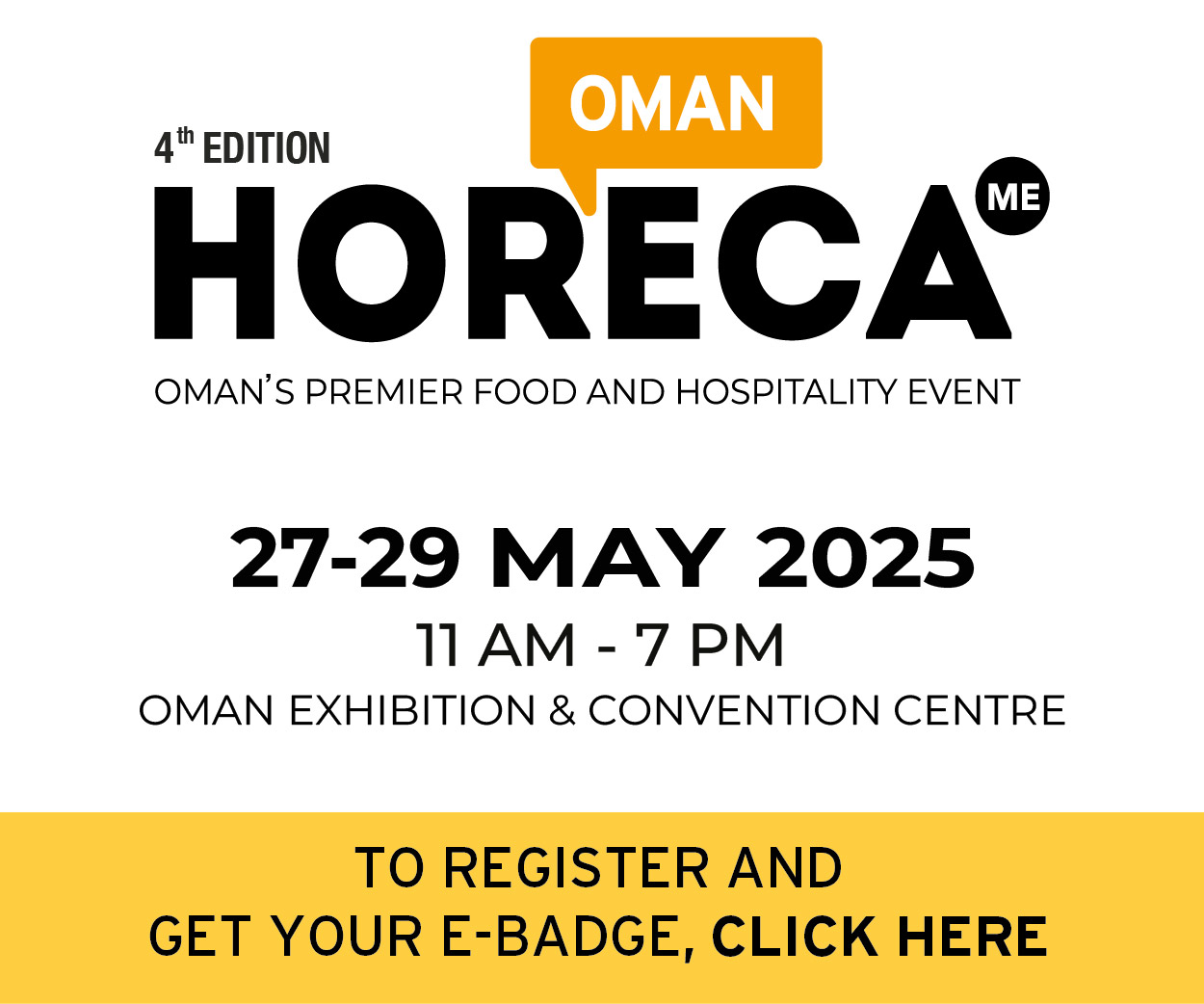As a seasoned hotelier and F&B expert, Emma Banks, VP of F&B strategy and development EMEA at Hilton, tells us how the brand is securing a better future for professionals thanks to initiatives.
How is your company tackling talent retention and promoting diversity and inclusion in the workplace?
Hilton is a company founded on the belief that hospitality can be a force for good. It is focused on building an environment in which all team members can thrive, being “diverse by nature and inclusive by choice.” From a food and drink perspective, we are of course fully committed to this vision, with our F&D culture as one of the key pillars of our EMEA-wide strategy.
When it comes to talent retention, Hilton’s value system centers on nurture and team member appreciation, driven by purpose. We leverage the extraordinary learning and development tools available to us through Hilton University, support individual wellness through “Thrive@Hilton,” promote the wide array of soft benefits and showcase our talented #HiltonTastemakers across our aspirational, omnichannel content platform @TasteOfHilton.
There has never been a more opportune moment to lead the change when it comes to both diversity and inclusion. I am a firm believer in meritocracy and balance, but as just one example that needs to be addressed globally across our industry, there needs to be a stronger framework for female progression. From a Hilton perspective, the company is recognized across the world at the highest levels as a workplace for women, providing a host of leadership development opportunities from mentoring to international accredit courses, and we look to further support this through a focus on the nurture of female talent both front and back of the house in the coming years. As a testament to our efforts, Hilton was ranked the third best workplace in KSA and the fourth best workplace in the UAE by Great Place to Work® in 2022.
What are your thoughts on Emiratization and the Emirati talent working in the hospitality industry?
Emiratization has long been a key performance indicator of the UAE’s vision to create a competitive knowledge-based economy, which aims to unlock the potential of its citizens, enabling them to be the driving force behind the country’s growth and future prosperity. Given that most of the population is made up of expats, Emiratization is of critical importance to the long-term success of the nation, which is why at Hilton, we support it wholeheartedly.
We’ve recently conducted a survey in the UAE centered on youth engagement that showed that for the past 12 months, two-thirds (68 percent) of UAE nationals sought a job in the hospitality industry. We’ve witnessed several success stories born of Hilton’s local community and academic partnerships, with institutions such as the Dubai College of Tourism (DCT), of which I am a board member. Working with DCT, we give students a hands-on hospitality experience as part of their vocational training, putting into practice what they learn in the classroom.
Just last week, I was lucky enough to spend some time with chef Nour Al Huda who studied Culinary Arts at DCT – this extraordinary woman recently won the Silver Award for the Rising Star Chef of The Year at the 5th Middle East Chef Excellence Awards 2022 and having concluded her work placement in Conrad Dubai has now been promoted to the role of demi-chef de partie at one of our most iconic properties, Waldorf Astoria Dubai International Financial Center. Last year we also partnered with Gulfood and DCT to launch Youth X – a platform that brings Emirati foodies to the world of culinary and the professional kitchen. Inspirational female chef Meera Alnaqbi won the contest and was rewarded with an internship with Chef Deni Srdoč‘s expert team at the One Michelin-starred Nebo Restaurant & Lounge Bar by Deni Srdoč, Hilton Rijeka Costabella Beach Resort & Spa.
Local sourcing and food waste are becoming of greater concern. How is Hilton embracing the sustainability movement?
For clients, sustainability is very important. Increasingly people are leaning toward companies that operate with fact-based accountability, integrity and transparency. Operators can no longer disregard their environmental effects due to the increasing ‘tech-celeration’ in the food and drink market involving both responsible sourcing and food waste management. This also emphasizes the possible cost-benefit of acting responsibly.
Under our Travel with Purpose ESG strategy, which is part of Hilton’s worldwide pledge to work towards a net-zero future, we have ambitious carbon reduction targets in line with the Paris Agreement. To meet these environmental targets, our team and supply management are fully committed to driving change in key markets when it comes to local sourcing. Last year we publicly committed to procuring 350 tons of local produce via our aggrotech partner Fresh On Table in the UAE.
Thanks to the commitment of our entire UAE-based business, we ended up procuring 446 tons of local produce resulting in a saving of 128 million food miles. We will soon share our 2023 targets for an even greater impact to support local food security.
In line with our Travel with Purpose strategy, Hilton is committed to cutting waste in half by 2030. As part of a region-wide food wastage strategy, our team has set aggressive internal compliance targets which we carefully monitor and benchmark via our ESG management platform LightStay.
In addition, we launched a Winnow AI technology pilot project across 21 hotels in 10 different countries across EMEA, which resulted in annualized savings of 600,000 meals, a 50 percent food waste-to-landfill reduction – from inventory to plate – and a saving of 100,000 tons of carbon emissions. We have now rolled this out to around 69 properties and are planning for more.
Do you have any projects in the pipeline?
Last year at the Future Hospitality Summit, Hilton announced that it will more than double its presence in the Middle East in the next three to five years across a few markets , including the UAE, Egypt, Saudi Arabia, Kuwait, Qatar and Bahrain.
Naturally, the restaurants and bars in these exciting new hotels have a major role to play. Whether they are self-developed concepts or the result of exciting strategic partnerships, these food and drink venues will be designed with the objective of adding value to the hotel’s market positioning, as a differentiator.




















